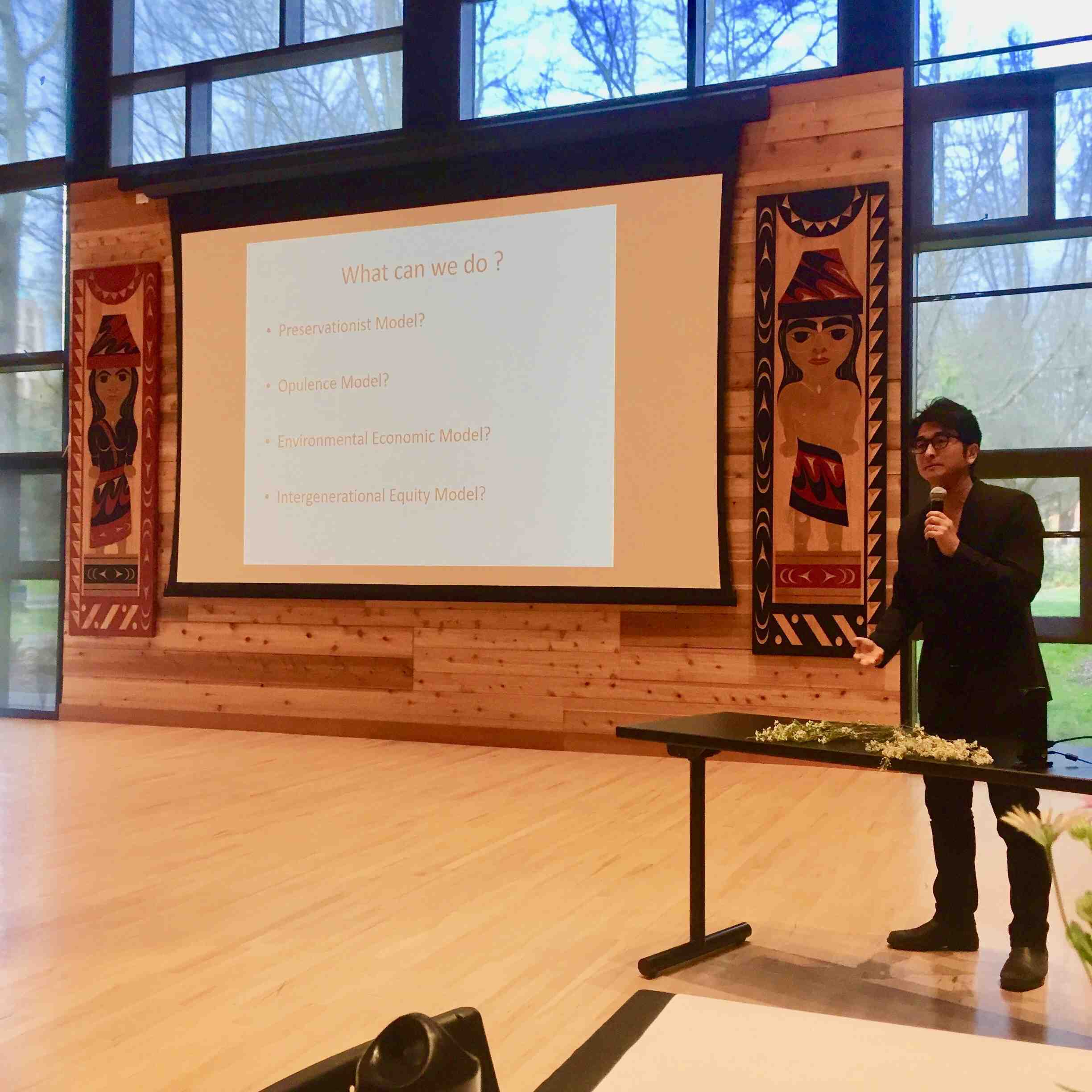Providing technical support for community partners
Since early 2021, our community partners have been concerned about proposed changes to the plan for the cleanup of the Duwamish River that was finalized in 2014 by the U.S. Environmental Protection Agency (EPA) in their Record of Decision (ROD). As our partners work to understand the implications of the proposed changes, the UW SRP Community Engagement and Research Translation Cores have been providing technical support to help interpret the science underlying the proposed actions.


 On April 3rd, 2018 the University of Washington Exposures, Disease, Genomics, and Environment Center a
On April 3rd, 2018 the University of Washington Exposures, Disease, Genomics, and Environment Center a